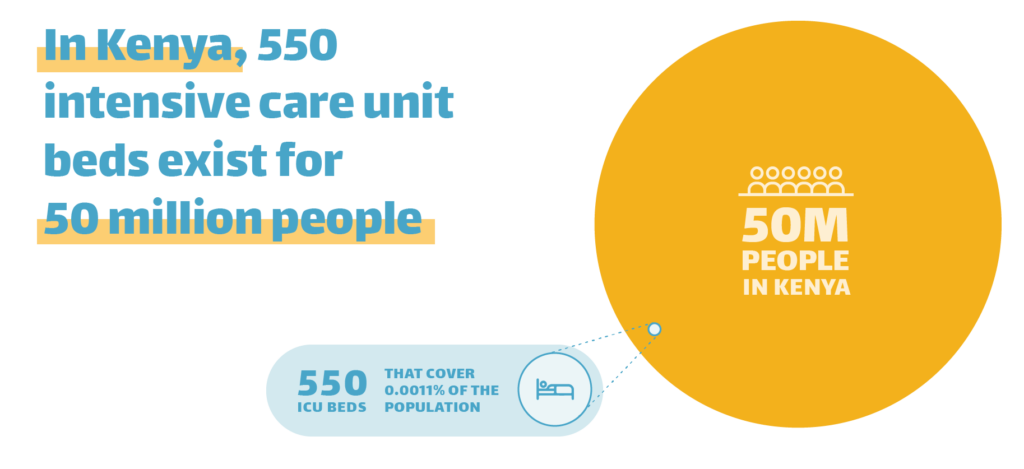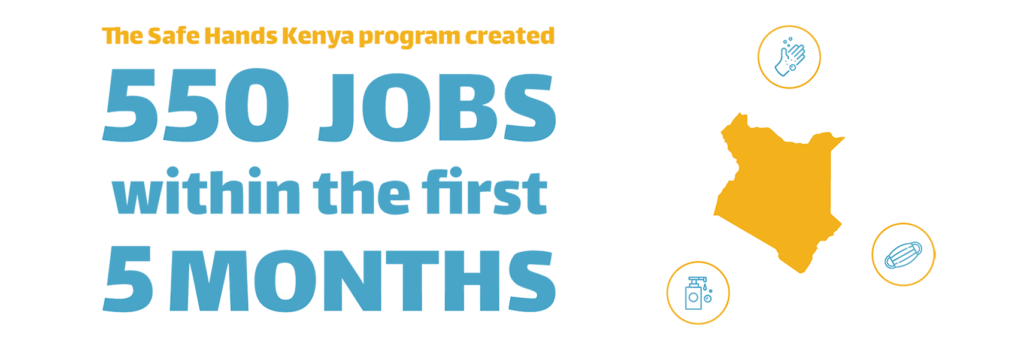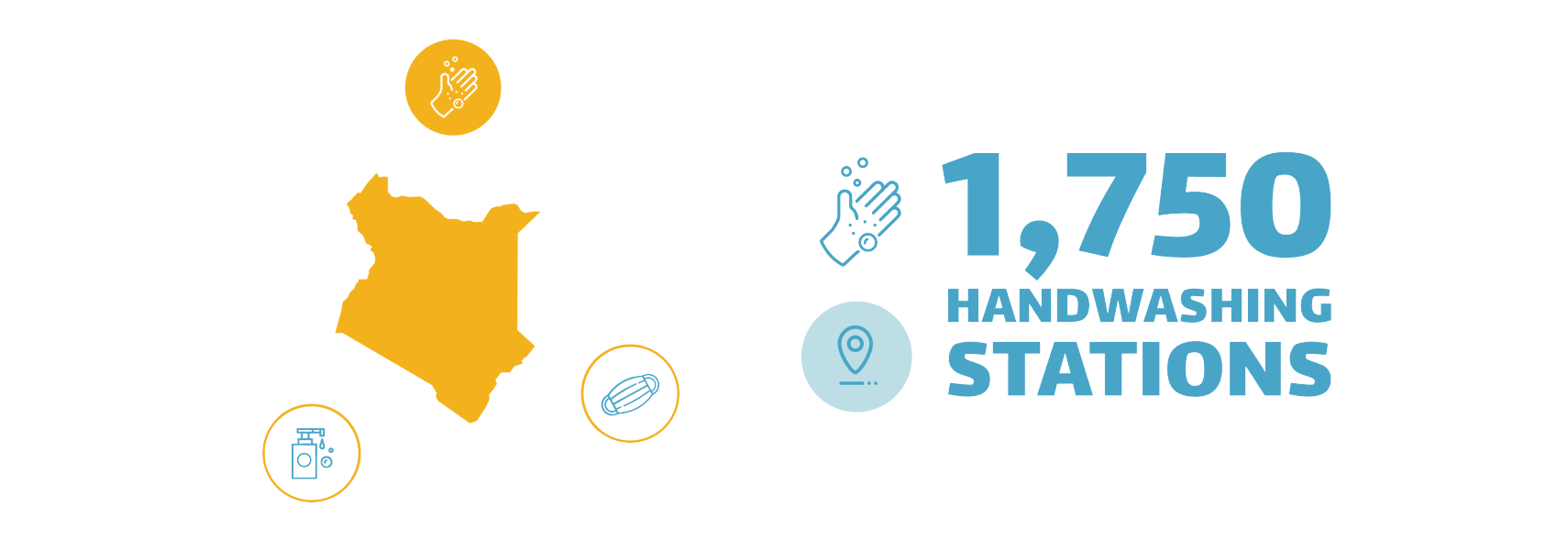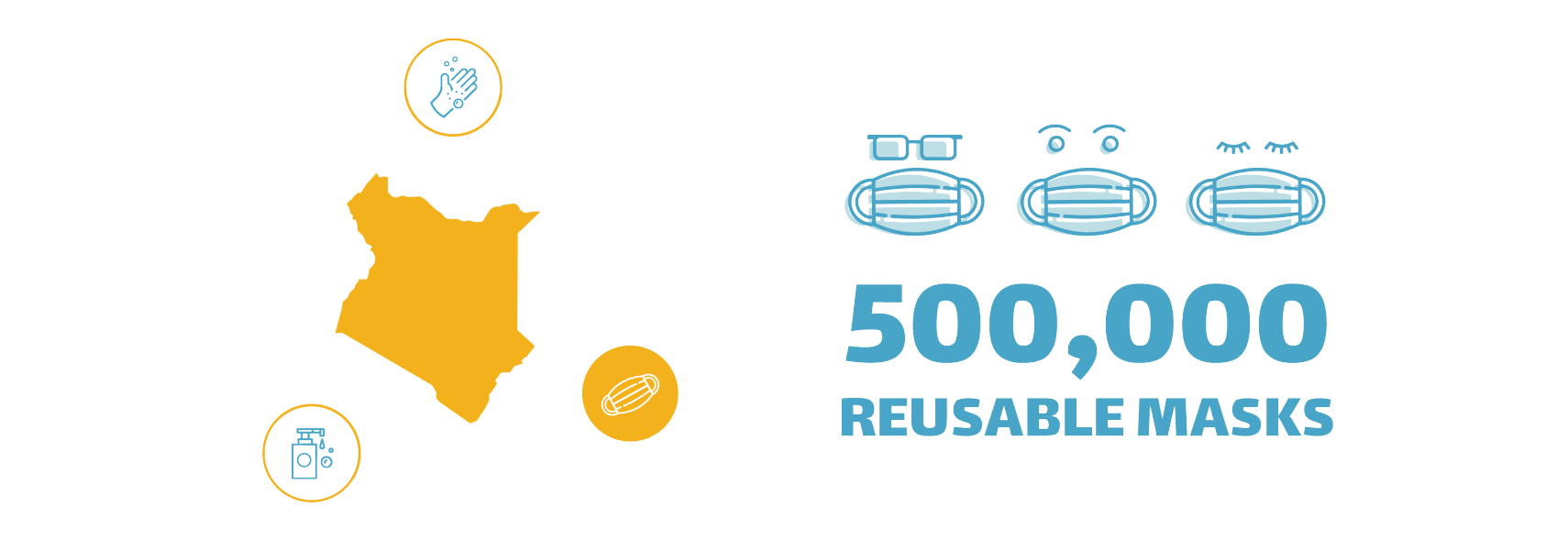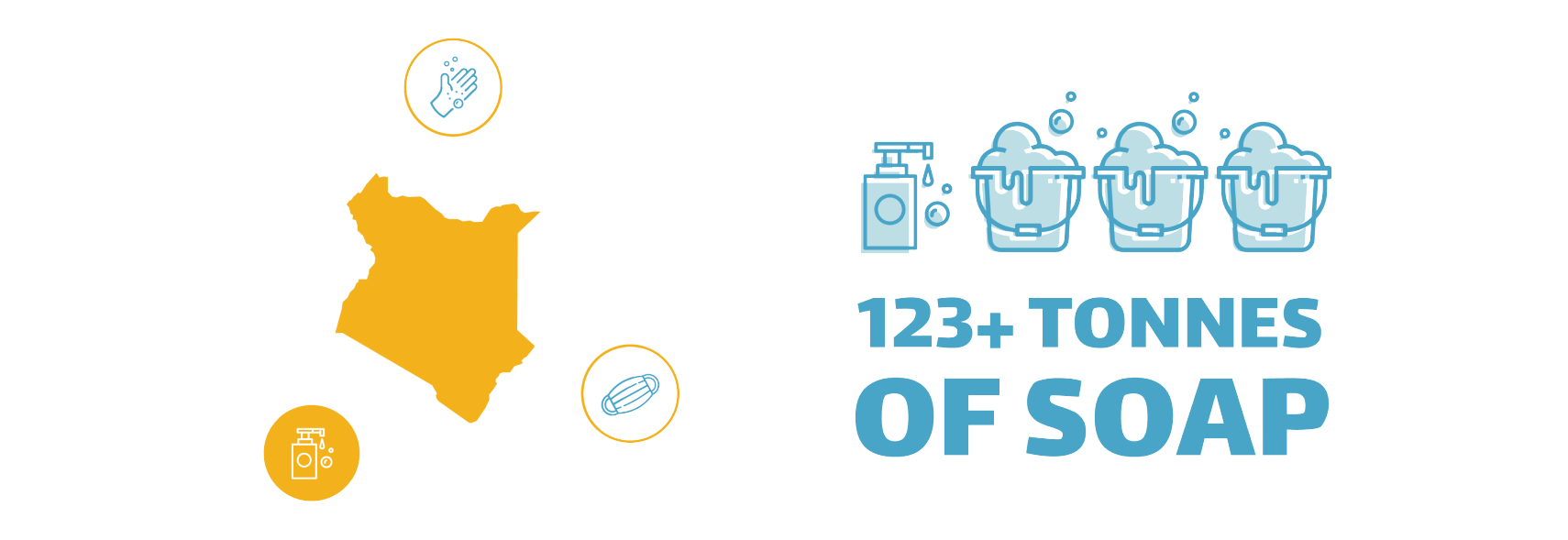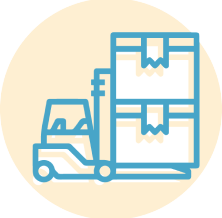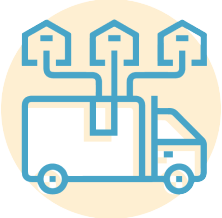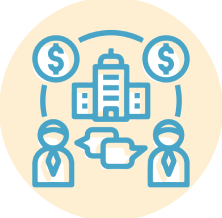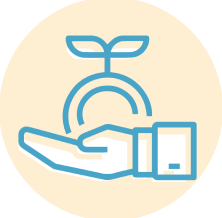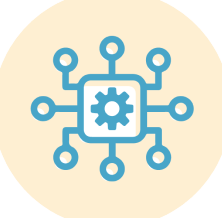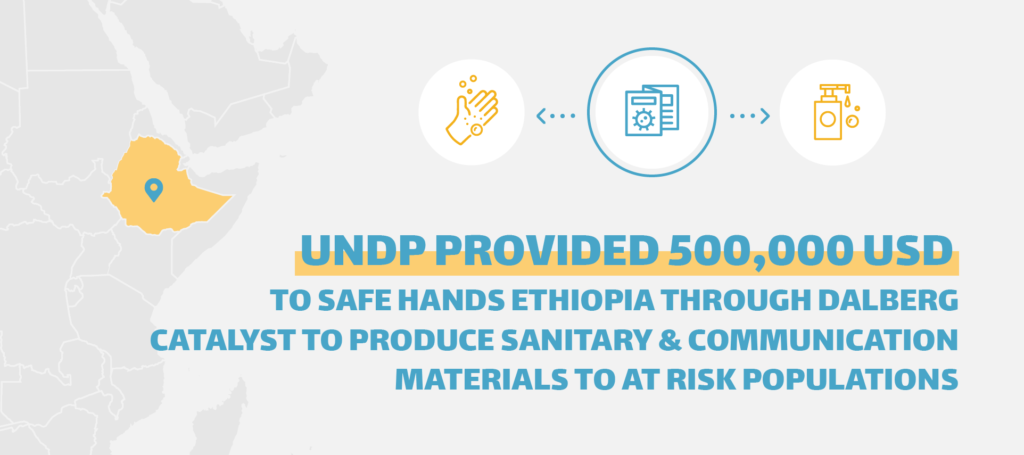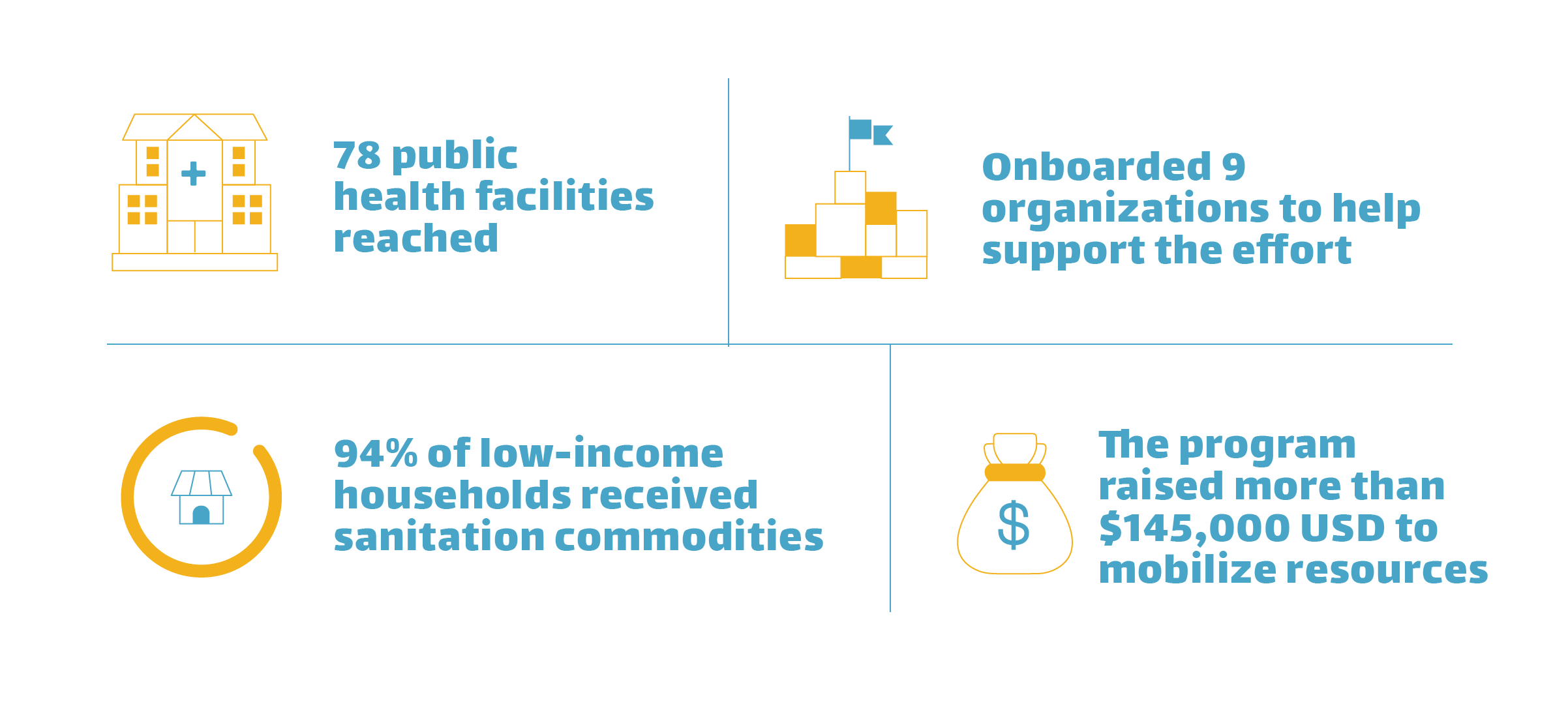Dalberg uses cookies and related technologies to improve the way the site functions. A cookie is a text file that is stored on your device. We use these text files for functionality such as to analyze our traffic or to personalize content. You can easily control how we use cookies on your device by adjusting the settings below, and you may also change those settings at any time by visiting our privacy policy page.
-
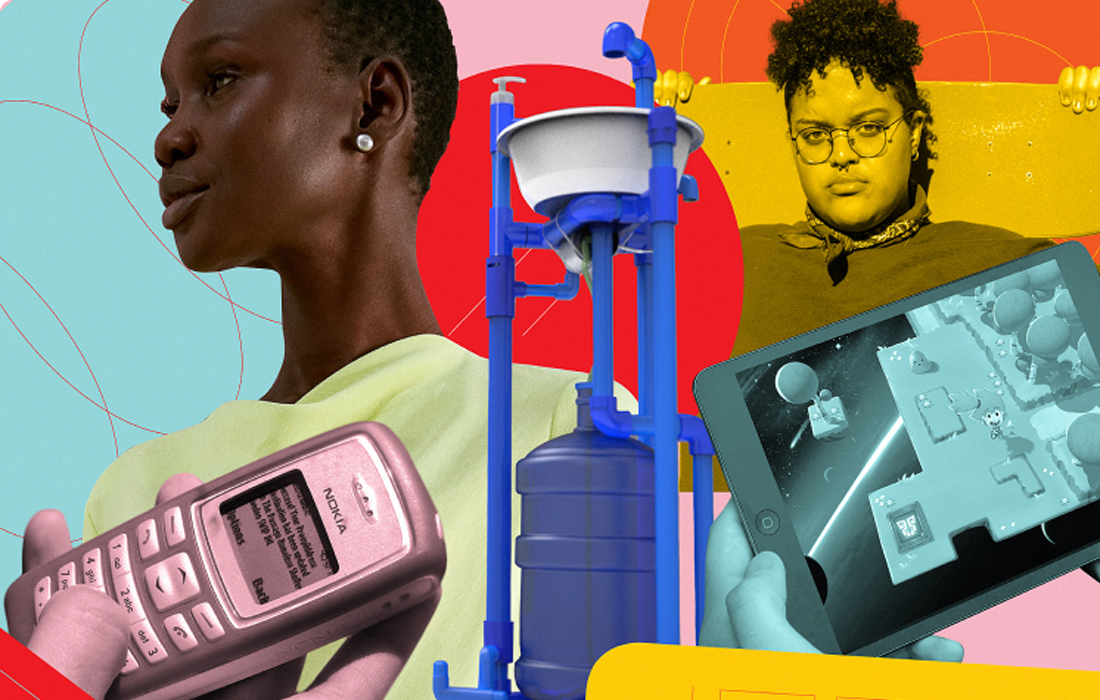 SEPTEMBER 30, 2020READ MORE
SEPTEMBER 30, 2020READ MOREThe best designs for social good of 2020. See all the honorees of Fast Company’s 2020 Innovation by Design Awards in the Social Good category by FastCompany
-
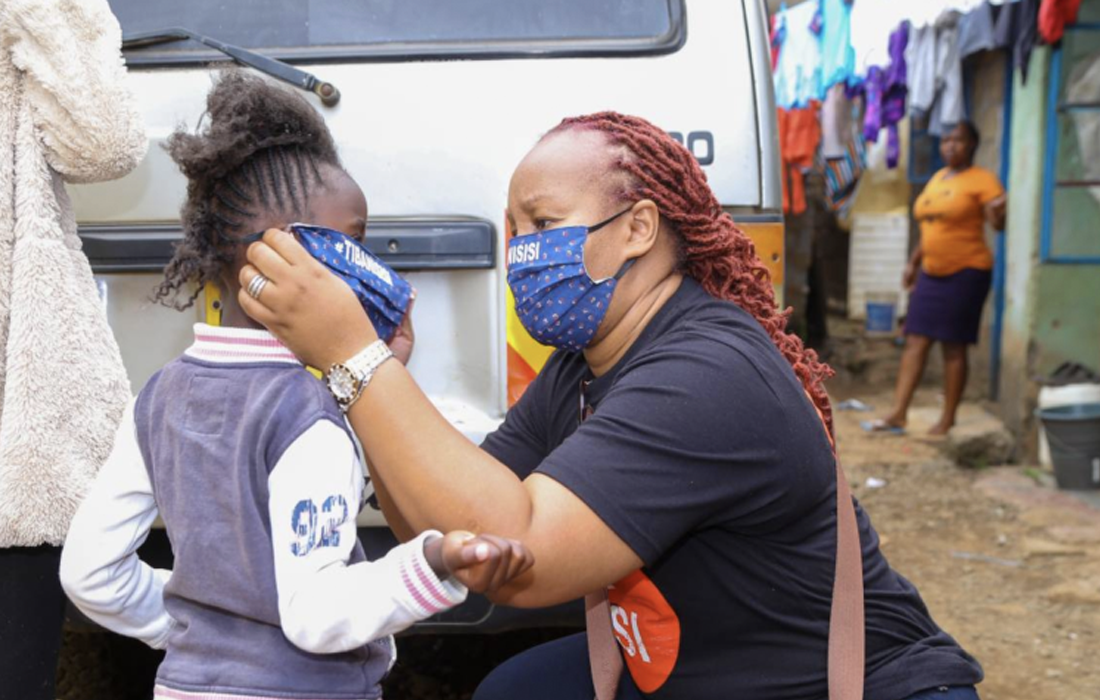 NOVEMBER 11, 2020READ MORE
NOVEMBER 11, 2020READ MOREINTERVIEW - How COVID-proofing the slums upended Kenya's business culture
-
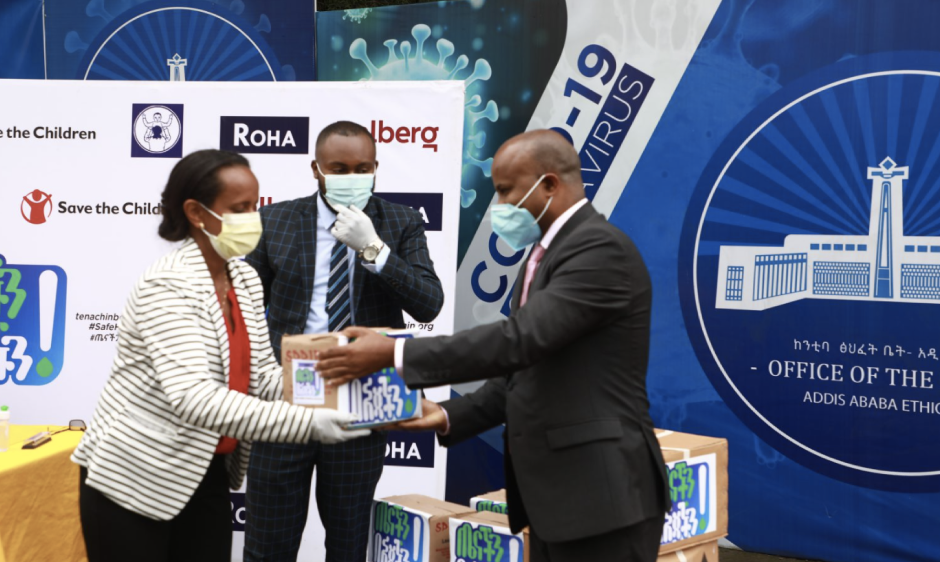 JULY 23, 2020 - ADDISINSIGHT.NETREAD MORE
JULY 23, 2020 - ADDISINSIGHT.NETREAD MOREAddis Gets a Million Dollar COVID Response Project
-
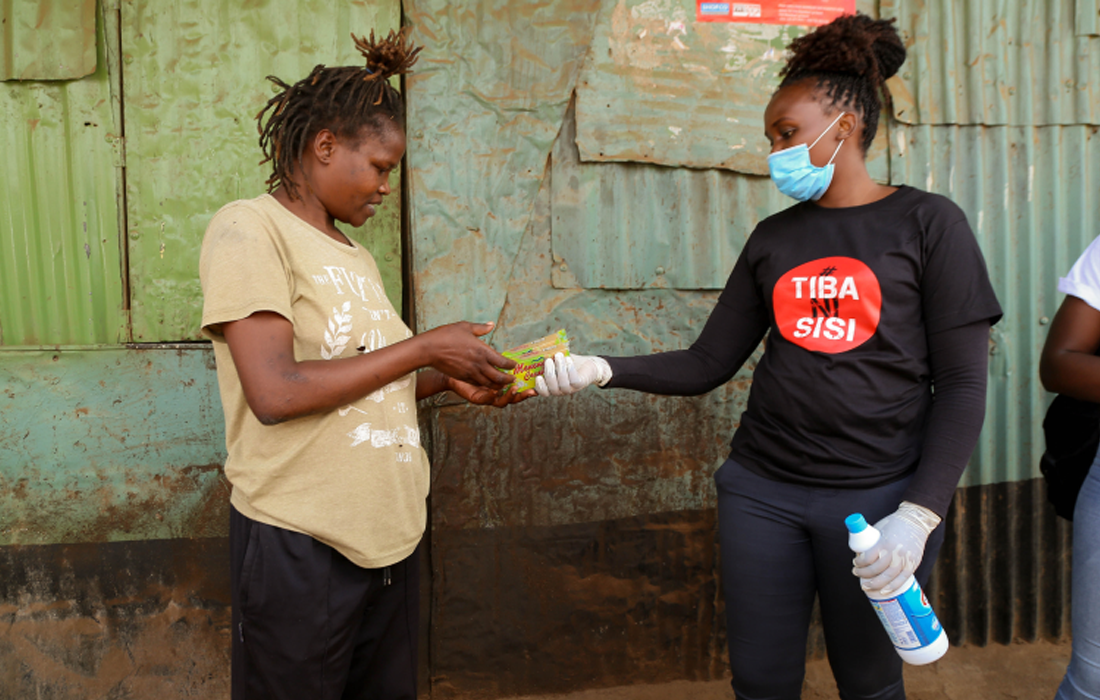 SAFEHANDSKENYA.COMREAD MORE
SAFEHANDSKENYA.COMREAD MORESafe Hands Kenya is a mission-driven alliance of Kenyan organisations deploying free soap, hand-washing stations and masks to Kenyans, and disinfecting public spaces, as a first line of defence against COVID-19.
-
 MAY 4, 2020 - FINDINGIMPACT.COMREAD MORE
MAY 4, 2020 - FINDINGIMPACT.COMREAD MOREPODCAST - How Business Can Respond to a Crisis with James Mwangi representing Safe Hands Kenya
-
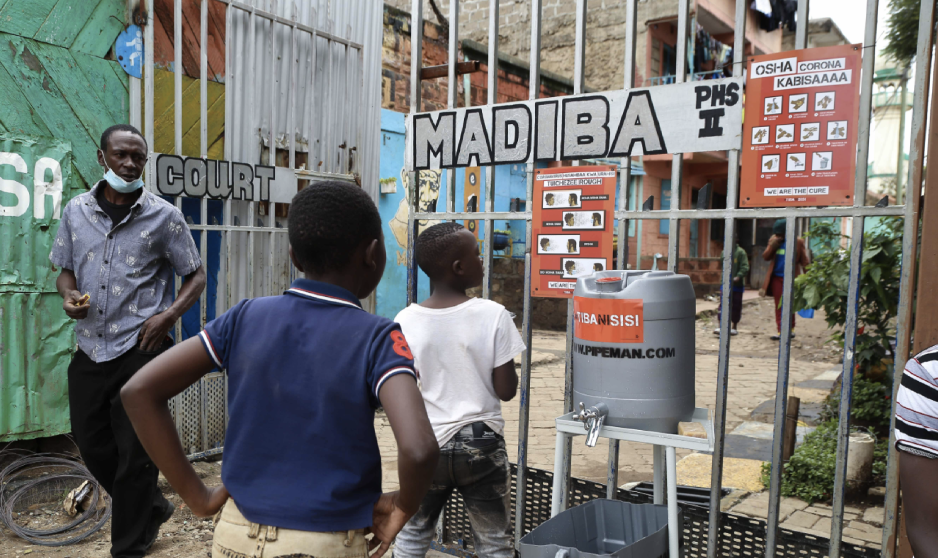 MAY 19, 2020 - MILLIONLIVESCLUB.ORGREAD MORE
MAY 19, 2020 - MILLIONLIVESCLUB.ORGREAD MORESafe Hands Kenya is a mission-driven alliance of Kenyan organizations deploying free soap, hand-washing stations and masks while disinfecting public spaces as a first line of defense against COVID-19.
-
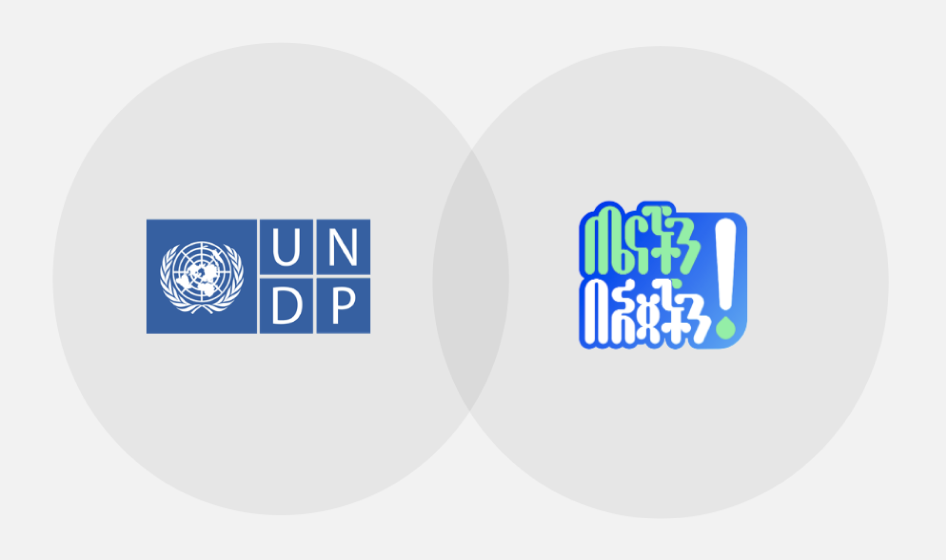 MAY 19, 2020 - ALLAFRICA.COMREAD MORE
MAY 19, 2020 - ALLAFRICA.COMREAD MOREEthiopia: UNDP Joins Safe Hands Ethiopia Coalition

